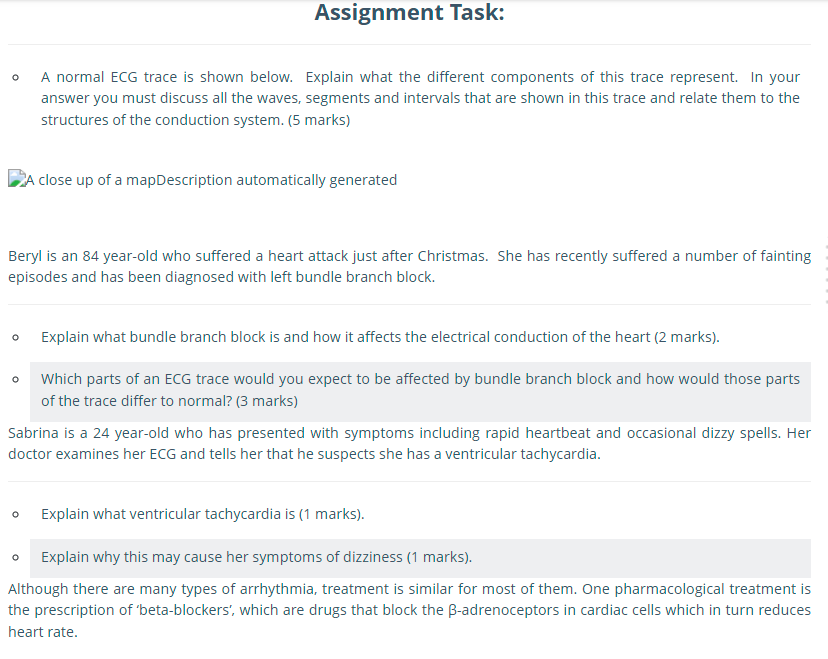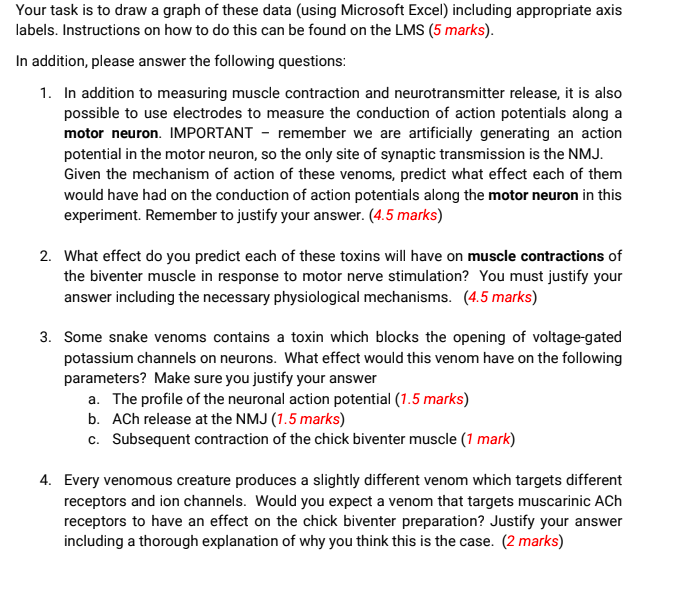The unit HBS202 focuses on teaching students the knowledge of systems physiology. It includes the study of the muscle tissue, nervous system, gastrointestinal system and endocrinology. You will learn how the nervous system controls the different body functions and the modulation and transmission of information through electrical signals.
The unit also focuses on the mechanism for skeletal muscle contraction, fatigue and force generation. An in-depth understanding of the functioning of the endocrine system and how it controls our metabolism and various body functions. Lastly, HBS202 Advanced Systems Physiology also includes studying the gastrointestinal systems - the food digestion and absorption mechanism.
Did you know that the cell theory cell, the body consisting of millions of tiny particles called cells, was proposed by Theodor Schwann and Matthias Schleiden in 1838?
Read forth to learn more about advanced system physiology and the mechanism of various body functions. You may also refer to the attached.

Why Is Advanced System Physiology Important?
It is an integrated discipline in the field of physiology. Combining experimental, theoretical, and comparative understanding of the advanced physiology of humans and other organisms. In layman’s language, advanced systems physiology is biology with a physiology-centred approach.
It includes understanding the basic principles of physiology and biology systems. But, doing so is a challenge since sophisticated computational data models aren't useful for an in-depth understanding of the body's biological function without having insights into the whole biological system.
The term physiology was introduced by French physician Jean Fernel. It originates from the Greek word 'phusis and logia,' which means 'study of nature/origins' - Wikipedia
Physiology is important in healthcare and associated biological sciences because it underpins breakthroughs in our perception of disease and effective diagnosis. In addition to fulfilling a sense of wonder about animal and human body functions, It is also significant from a cognitive and ethical standpoint, as it aids our understanding of the nervous system.
Our nervous system is responsible for the acquisition of individual experience and the control of understanding of the world and our response to the stimuli. The functioning of our body in health and its reaction to daily life stresses can be better understood by Physiological research. The changes in our body sickness at a cellular level can be determined through such studies, which allows leeway for developing therapeutics standards for animal and human health.
Nursing is a demanding industry, and students have to work on various assignments, lab reports, case studies and reflection writing. Keeping up with the theoretical and practical knowledge is a handful and if you seek nursing assignment help, chat with one of our experts to get insight on complex concepts and live guided sessions.

What Are the Different Examples of Advanced Systems Physiology?
The body's functioning depends on continuous participation in a variety of activities. Adapting to changes in the body's atmosphere, transferring materials between the surroundings and cells, metabolizing foods, and integrating all of the body's numerous operations are some of its key tasks.
The body's efficiency in accomplishing many of its activities deteriorates over time. Typically, the body executes its duties the worst at both the beginning and the end of life - infancy and old age. Body functions improve in efficiency and effectiveness as children get older. The inverse is true in late adulthood and old age.
The study of muscle mechanism and sliding filaments of the skeletal system was further developed by Hugh Huxley and Andrew Huxley in 1954. - Medical News Today
Humans get less efficient and productive with time. We usually work at our most efficient and successful during their adolescent years. A few examples of the basic life processes that are studied in advanced physiology are:
Organization
There is a labour division at different levels of organization in the body. All the body components have different functions to perform, and all of these processes together are called life processes. Every set of cells has different functions, and if any of them loses their organization or integrity, they will die.
Metabolism
All the chemical reactions happening in the body are called metabolism. One phase of metabolism is catabolism. When complex chemicals/substances are divided into smaller particles through chemical reactions is called catabolism which is also a part of metabolism.
Responsiveness
Sensing the stimuli around us and responding to responsiveness are controlled by the central nervous system. It is responsible for detecting the changes in our surroundings and reacting to them.
Learn how to acknowledge any source of information using the APA 7th style.
Download Now
Movement
Movement is yet another important concept that you will study in this unit; it includes muscle movements, the movement of molecules at the cellular level, and the movement of blood/chemicals throughout the body.
HBS202 Advanced Systems Physiology focuses on studying human and animal bodies, including the study of life processes and the body functions at cellular and chemical levels. Such minute study of physiology is important for understanding the working of the body and aids pharmacologists in creating medications for various diseases.





What Are the Five Major Branches of Physiology?
As we learned before, physiology is how the body functions at cellular levels and its responses to our everyday environment. Though physiology itself is a sub-branch of biology, it is a broad field that holds other sub-disciplines under its umbrella. HBS202 Advanced system physiology includes the sub-branches:
Every species on this planet is related and gradually changes over time to evolve into different life forms; it is known as the evolution theory. Evolution relies on genetic differences in a population that further affects the physical characteristics of the organisms. - (NCSE) National Centre for Science Education
Applied physiology
It is the study of all the steps in a biological system. The restoring of core and joint stability through applying physiological properties and application of knowledge. Applied physiology is different from clinical practice as it includes cellular and chemical level study, so it is effective for detecting disease and preparing the medication.
Comparative physiology
In comparative physiology, you will study and explore the various functional characteristics of different organisms. It is part of environmental and evolutionary physiology. A comparative approach to physiology enables us to study the evolution and the transformation of the body structures of different organisms.
Mathematical physiology
In physiology and anatomy, mathematical calculations are useful in offering additional insight into body functions. By measuring the physiological quantities, pharmacologists and toxicologists can accurately calculate and measure the safe drug/medication dosage standards.
Yoga physiology
It refers to understanding the body movements and function in the yogic philosophy. It is different from clinical practices and is applicable in modern anatomy and science to decipher yoga practice's effects on the body. Though it has recently gained popularity in physiology trends, it is an ancient practice developed thousands of years ago.
The study of physiology dates back to ancient India and Egypt. In 420 BC (also known as the "father of medicine"), Hippocrates coined the theory of four types of fluids that are responsible for the function of the human body. That has now evolved into the modern advanced physiology that we study today.
Such a study is important for helping us understand the body's basic functions and its responses to the external environment. Advanced Systems Physiology examples in various branches of biology support an in-depth understanding of an illness and its cure. How did the body come to be, and how did it evolve? All such information is useful in clinical research and in developing better standards of health and wellness.
Nursing students are also required to prepare case studies of the various cases they observe and read about. Case studies cost a higher grade as they are to be submitted in a proper format with all the procedures, medications, cure and final observation. Get nursing assignment help at affordable prices; fill out the form.
Related Study Materials
Our Experts can answer your Assignment questions instantly.
Ask Question0 Comment
Get It Done! Today
1,212,718Orders
4.9/5Rating
5,063Experts













Loved reading this Blog? Share your valuable thoughts in the comment section.
Add comment